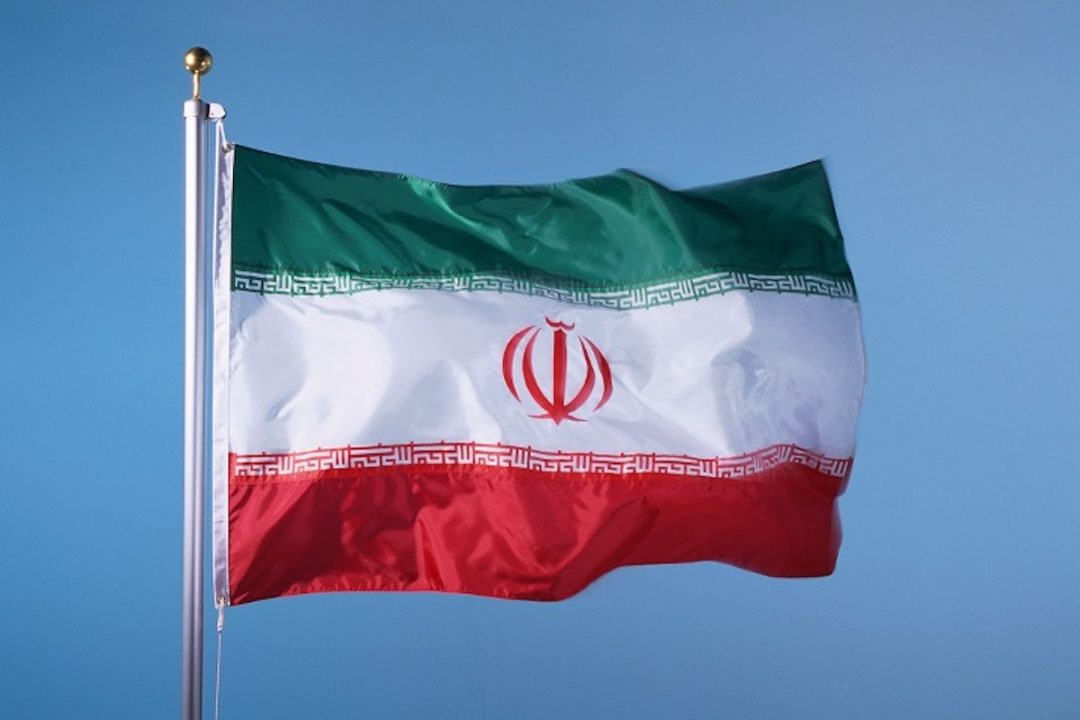
President Donald Trump recently threatened with secondary sanctions any country that buys Iranian oil. It just so happens China buys 90 percent of it. The threat came after planned nuclear negotiation talks with Iran were canceled, and a day before Secretary of Defense Pete Hegseth issued his own warning.
The United States has been talking through a mediator with Iran as part of attempts to reach a diplomatic solution to the nuclear buildup problem. According to the International Atomic Energy Agency (IAEA), Iran is coming dangerously close to uranium enrichment capable of building nuclear weapons, which makes the Western world, and Israel especially, nervous.
Further talks between the two nations were scheduled for Saturday in Rome, but were canceled Thursday. Omani Foreign Minister Badr al-Busaidi announced in an X post, “For logistical reasons we are rescheduling the US Iran meeting provisionally planned for Saturday May 3rd. New dates will be announced when mutually agreed.”
Threats From America
A few hours after Badr al-Busaidi’s announcement, Trump issued his latest threat through his Truth Social account. He said:
ALERT: All purchases of Iranian Oil, or Petrochemical products, must stop, NOW! Any Country or person who buys ANY AMOUNT of OIL or PETROCHEMICALS from Iran will be subject to, immediately, Secondary Sanctions. They will not be allowed to do business with the United States of America in any way, shape, or form. Thank you for your attention to this matter, PRESIDENT DONALD J. TRUMP
This was the second threat in as many days the Iranians received from the U.S. On Wednesday, Hegseth posted on the SecDef X account, “Message to IRAN: We see your LETHAL support to The Houthis. We know exactly what you are doing. You know very well what the U.S. Military is capable of — and you were warned. You will pay the CONSEQUENCE at the time and place of our choosing.”
Negotiations Postponed
According to the Iranians, the talks were postponed “at the request of Oman’s foreign minister,” and they still want to reach “a fair and lasting agreement.” But a PBS report says that a person familiar with the negotiators said the U.S. “had never confirmed its participation” in another round of talks.
Two other rounds of U.S.-Iran talks have been held, both in Muscat, the capital of Oman. Both sides have referred to them in positive terms.
Some believe Trump’s secondary-sanctions threat is an attempt to apply economic pressure to Iran for the purpose of making them more amenable to negotiating.
Iran Dependent on Oil Exports
Oil exports account for about half of Iran’s revenue. In 2023, it produced an average of 2.9 million barrels a day of crude oil. It was the fourth-largest crude oil producer in OPEC in 2023 and the third-largest dry natural gas producer in the world in 2022, according to estimates from the U.S. Energy Information Administration (EIA). It holds among the world’s largest deposits of oil in the world.
Iran’s main customer is China, which accounts for about 90 percent of its oil exports. So it seems the Trump administration may be trying to hit two birds with one stone. The administration has been embroiled in a tense tariff war with China.
Opposing War With Iran
The question of how to handle the Iranian problem has reportedly caused divisions even within the administration. On April 17, The New York Times published a story claiming that Israel had planned to hit Iranian nuclear sites but was waved off by Trump after less hawkish, more diplomatic-minded members of his team prevailed.
The same day that report came out, one of Hegseth’s leading advisors, one of the loudest voices opposing military intervention, was dismissed. An exclusive from Reuters said Dan Caldwell was escorted out of the Pentagon for leaking classified documents to the media. Caldwell, however, said that’s not true. His phone was never audited and he was never given a polygraph. He told Tucker Carlson the real reason he was fired was because he opposed war with Iran.





